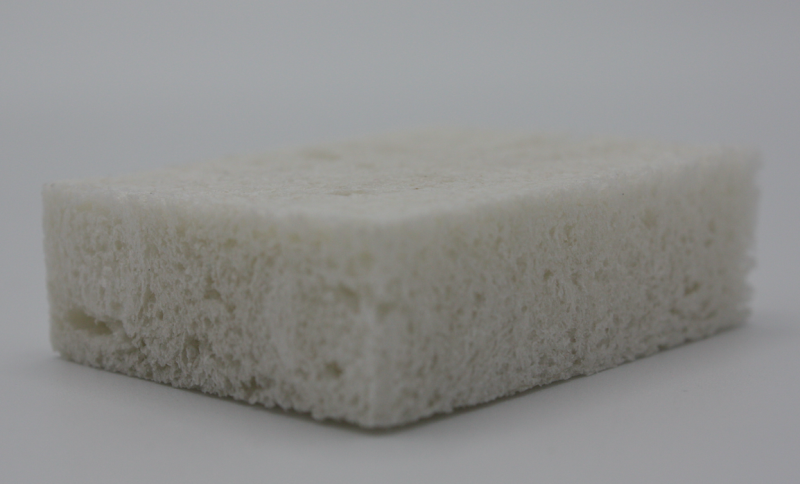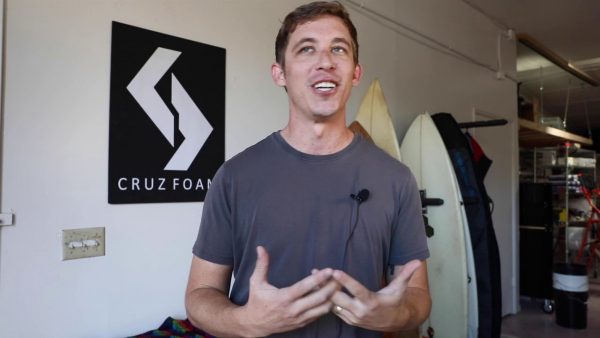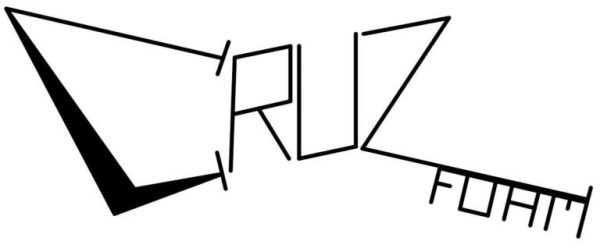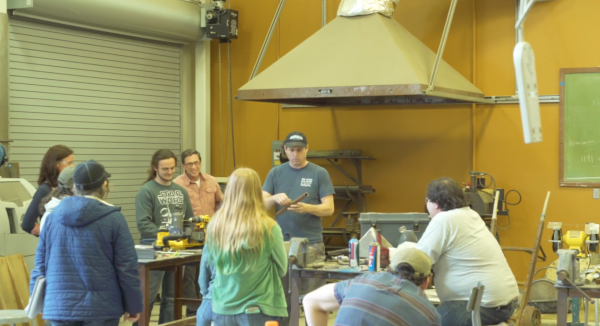Companies
Cruz Foam Secures $1 Million National Science Foundation Small Business Innovation Research Phase II Grant

(Contributed)
May 19, 2021 — Santa Cruz, CA
California startup’s patented sustainable EPS foam replacement moves toward scalable commercial production
Cruz Foam, the bio-benign foam and plastic packaging alternative provider, today announced it has secured $1 million in non-dilutive funding with an NSF SBIR Phase II Grant in support of the development of its patented sustainable packaging material. Cruz Foam is a sustainable replacement for traditional EPS and other polymer-based foam and foam-blend packaging material. This work is supported by America’s Seed Fund powered by the NSF.
The grant was awarded to complete the development of Cruz Foam’s proprietary EPS replacement foam and foam-blend formulas for the use in the primary and secondary packaging of high-value consumer goods ranging from consumer packaged goods to electronics and appliances. The initial formula is targeted at protective tertiary packaging and the company is currently in commercial trials and pilots with a number of global brands. Cruz Foam has wide ranging potential uses from packaging to insulation, and a variety of potential uses in other industries.
Unlike some sustainable alternatives, Cruz Foam has created a low barrier to entry for brands and supply chains to switch feedstock as production doesn’t require new equipment, personnel, and is cost-neutral. Cruz Foam also uses a water-based production method that does not require the use of harsh chemicals and the novel material, chitin, is sourced from waste materials from the seafood industry that would otherwise end up in landfills, or worse, dumped back into the ocean causing great ecological damage.
“We are humbled and excited to have the renewed support of the NSF and to receive this America’s Seed Fund grant,” said John Felts, CEO, Cruz Foam. “These funds will enable us to expand our internal production facilities as well as finalize commercial trials. We have completed exploratory projects with companies such as Ford and PepsiCo and are working with other major brands to develop sustainable protective packaging to fit their needs. We are now at the point where technology is not our barrier to growth, but rather our ability to scale to meet the demand from our beachhead customers. We have found our pilot partners are all very forward-looking and are aggressively re-thinking their approach to foam,” added Felts.
Dozens of cities from populous states such as Washington, California, Florida, New York, Maryland, and Maine have moved to ban EPS (and similar petroleum derivative based) materials particularly in food service, shipping, and other consumer-focused areas. In the next few years as these bans go into effect, companies will need to find cost-effective, scalable, and bio-friendly packaging and single-use product alternatives particularly as the regulatory environment is also shifting towards holding producers responsible for the collection, costs, and sustainable disposal of packaging.
Cruz Foam has recently expanded its team and will continue to hire throughout the course of the summer to prepare for commercialization. Expansion will include larger facilities, also in Santa Cruz, for the in-house production of materials.
About Cruz Foam:
Cruz Foam produces bio-benign foam and eco-friendly EPS-alternative solutions that power key industry leaders to be the catalyst for a cleaner environment. Cruz Foam’s patent-pending products are produced using an all-natural seafood industry waste material that creates a scalable, compostable alternative using the existing supply chain and at a similar cost. Current industry partners include consumer-packaged goods, consumer electronics, shipping, and personal care. For more information visit www.cruzfoam.com.
About America’s Seed Fund:
America’s Seed Fund powered by the NSF awards $200 million annually to startups and small businesses, transforming scientific discovery into products and services with commercial and societal impact. Startups working across almost all areas of science and technology can receive up to $2 million in non-dilutive funds to support research and development (R&D), helping de-risk technology for commercial success. America’s Seed Fund is congressionally mandated through the SBIR program. The NSF is an independent federal agency with a budget of about $8.5 billion that supports fundamental research and education across all fields of science and engineering. https://seedfund.nsf.gov/
###
Contacts:
Tagged CruzFoam








